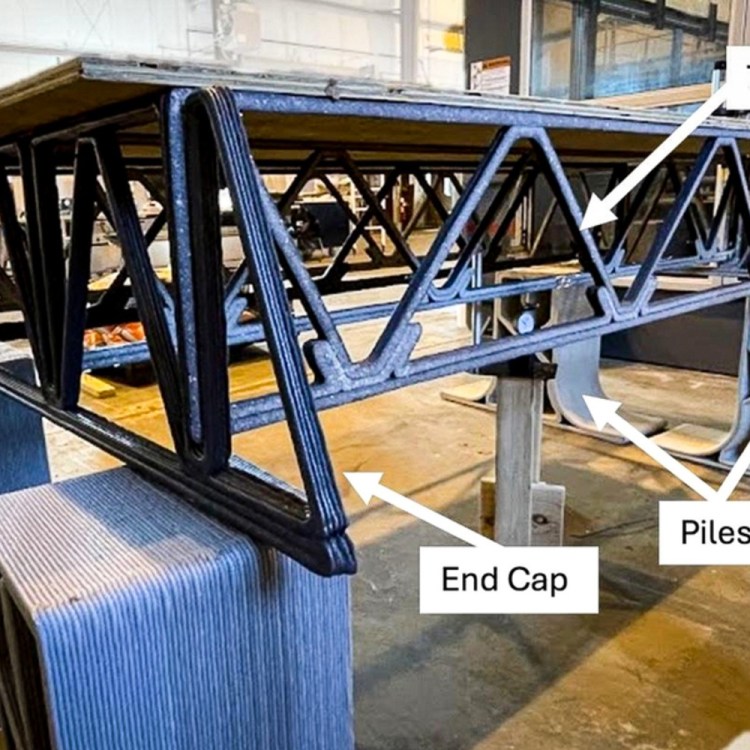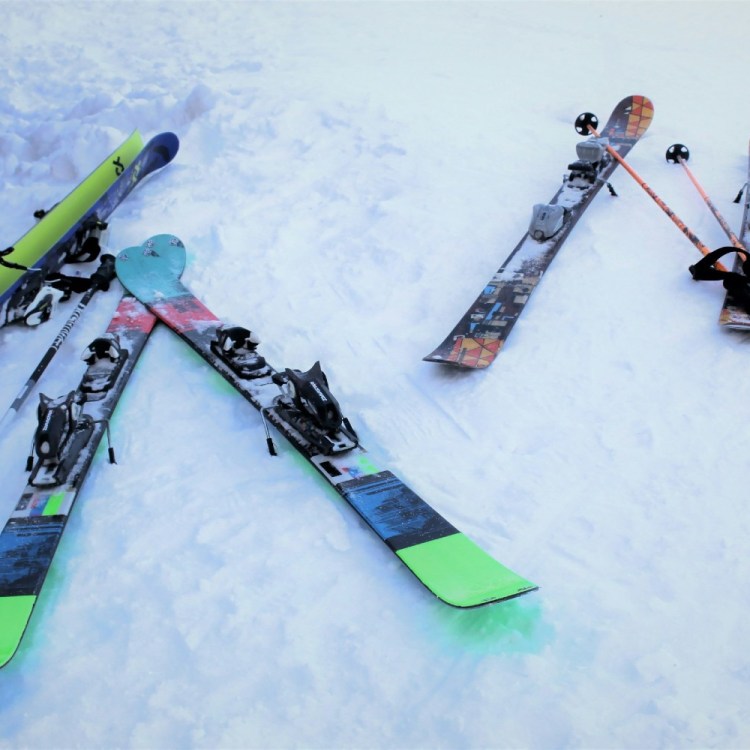NASA has been testing the remote-controlled Prototype Technology-Evaluation Research Aircraft (or Ptera), a plane that has hinged wings. The last quarter of their length can swivel up and down, like bird wings. It is all part of the Spanwise Adaptive Wing (SAW) project. This project wants to prove that new, lightweight actuators, make from shape memory alloys, can deform wings during flight, writes Wired. That may seem counterintuitive, but it would allow more lift, less drag and more stability for supersonic flight, all things that could make for better passenger planes. First, NASA needs to make sure that it works, and that it can be scaled up to full size. Shape memory alloys are metals that react to changes in temperature, including growing, shrinking or twisting. Conventional motors or gearboxes could essentially do the same thing. But those are heavy and bulky. If shape memory alloy can do the same thing, but at only a fraction of the weight and size, it could enable new, slender wing designs and even cut fuel consumption.
Thanks for reading InsideHook. Sign up for our daily newsletter and be in the know.


















